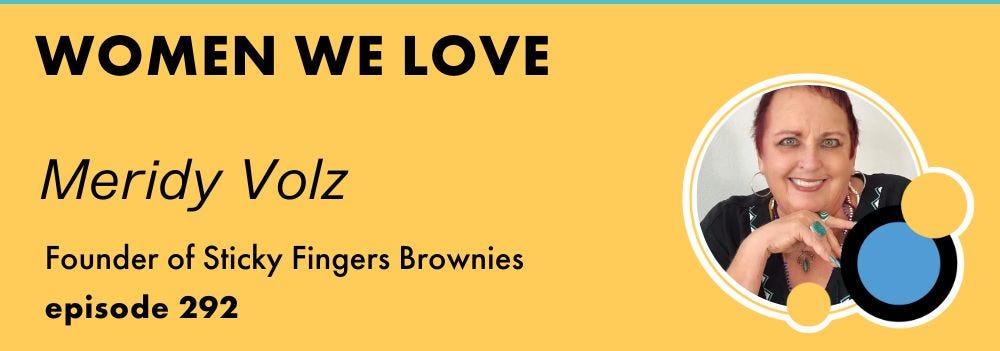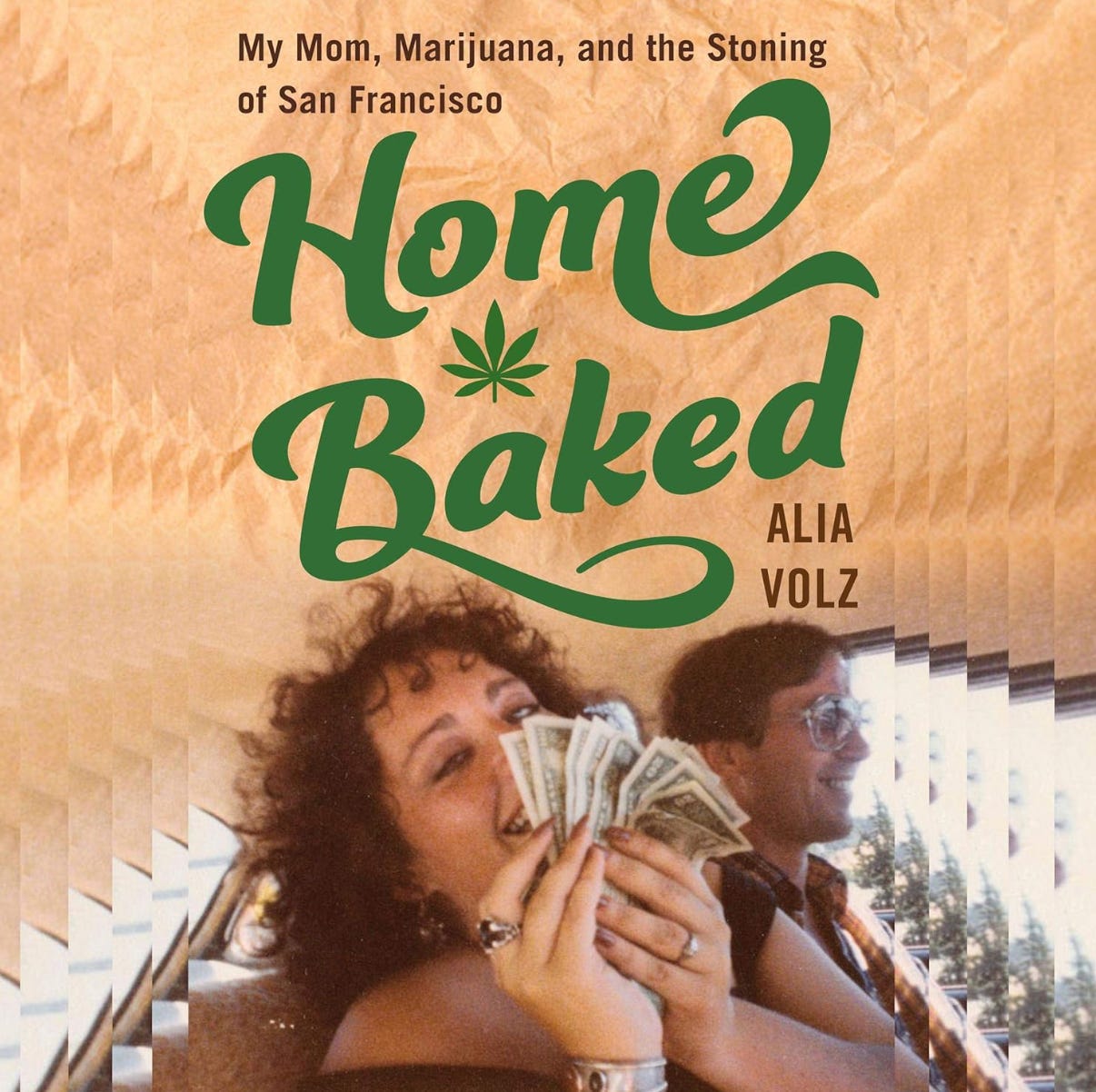“How could you not help?”
The incredible untold story of cannabis, AIDS, and the women who sparked a movement.
“I always come back to how, as a child—even at the time—I was aware that I was very privileged to witness true courage and true compassion. The real deal. In the days before anyone knew how AIDS was transmitted, there were people who were going to love and care for each other no matter what.”
- Alia Volz
Today in the U.S., cannabis is legal for adult use in 24 states and medical use in 39 states. Yet under federal law, cannabis is still classified as a Schedule I drug. That means it’s considered as dangerous as heroin and is defined as having no accepted medical use. Confusing, right?
In the 1980s, during the AIDS crisis, consuming cannabis meant patients could be criminalized for seeking relief. But a quiet revolution began in San Francisco, which helped shift public perception and paved the way for California to become the first state to legalize medical cannabis.
This month on How to Do the Pot, we’re celebrating Pride with our Webby Award nominated 3-part podcast series: Before Legal Weed: The Untold Story of AIDS & Cannabis. This series sheds light on the little-known history of how a fight for survival sparked a national legalization movement.
In part 1, you’ll meet Meridy Volz, a mother, artist, and the founder of San Francisco’s largest cannabis operation in the 1970s and 80s, Sticky Fingers Brownies. You’ll also hear from her daughter, Alia Volz, whose critically acclaimed memoir, Home Baked, tells the story of her unconventional childhood and shares how a community devastated by AIDS came together to care for its own.
This series is about the legacy of compassion that helped launch the medical cannabis movement, and the women at the heart of it.
“It happened really quickly. I would see somebody one week, and I'd see a lesion and they'd be dead by the end of the month. It was stunning. Whole groups died. There would be these young, gorgeous men, beautiful, buff and lovely, and then they'd be dead.
I still felt like I was invulnerable. You kind of feel that at that age, I think. Your body feels strong, and your mind feels strong, and you feel like you could do anything.
It was more fearlessness than bravery. There was this horrible angel of death kind of fear. There was a black cloud over the city. People were shutting down socially. The business was booming because the brownies were so needed.
It was really quite a time. It was overall frightening for humanity, but I never felt, “I'm going to get AIDS and die.” I just felt I could be of some help. I mean, how could you not?”
I was a kid living on the East Coast during the AIDS crisis, and I remember there being so much fear around the disease and people who had it. Out of the 292 episodes of How to Do the Pot, these interviews are the only ones where I’ve had to hold back tears. The stories are that powerful, and I am very honored to share them with you.
What happened in San Francisco during the AIDS crisis was devastating, and it also revealed what’s possible when people choose care over fear. As Alia Volz says, she wrote her book to pay a debt of remembrance. I hope this series does the same.
If this story resonates with you, please tap the heart, leave a comment and consider upgrading to a paid subscription to support this work.
Thank you for being here.
Warmly,
Ellen






